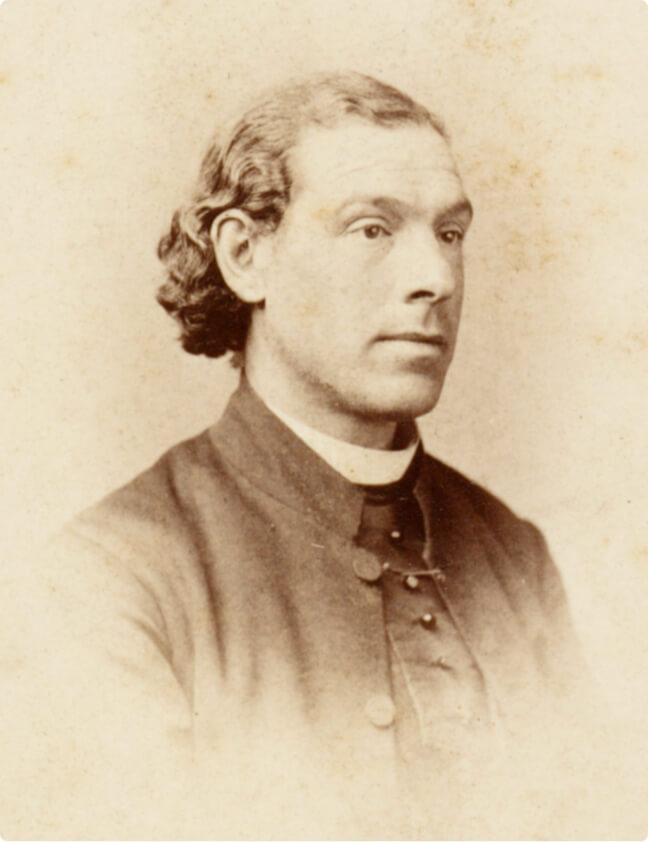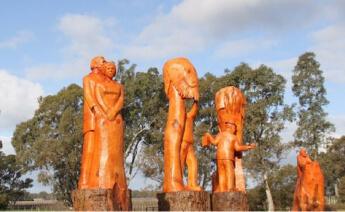Father Julian Tenison Woods
Get to Know Julian
Julian’s Story
“All created things give us ideas and glimpses of the beauty of the infinitely beautiful Creator.”

Julian’s Legacy
The Josephite charism continues to form and influence those who live in the Josephite Spirit today. Father Julian Tenison Woods’ influence is evidenced through his spirituality, passion for the mission and ongoing commitment to the environment.
Julian was a remarkable man. As well as being a fervent priest and a deeply spiritual man who composed religious songs and poetry, he was a well-respected geologist, botanist, explorer and environmentalist. He wrote many scientific books and articles documenting the history, exploration, and geological formation of Australia. The education system he devised with Mary MacKillop also led to him being appointed the first Director of Catholic Education in South Australia.
There are several memorials named after Julian in South Australia and Queensland.
The Josephite Charism
The Sisters of Saint Joseph continue God’s mission by immersing themselves in the midst of life to empower others and bring hope. Ways to think about the charism include a story to enter, a language to speak, a group to belong to, a service to do or a way of proceeding.
Living and working within a Josephite context, we see the weaving of threads in the Josephite tapestry.
- To seek first the poorest, most neglected parts of God’s vineyard.
- To see education as the door to opportunity.
- To give priority to those in isolated and rural situations.
- To be the face of God’s compassionate love by reverencing the dignity of all with justice, equity and respect.
- To live among the people in our common home, Earth, reverencing the whole of creation.
- To be with people in the spiritual and human moments of life.

